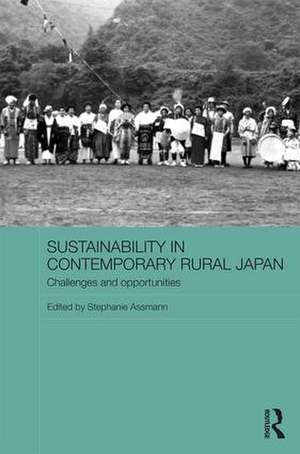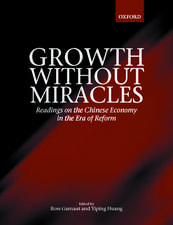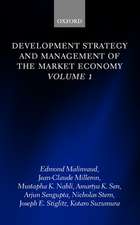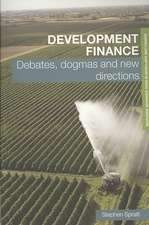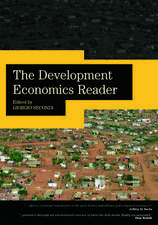Sustainability in Contemporary Rural Japan: Challenges and Opportunities: Routledge Studies in Asia and the Environment
Editat de Stephanie Assmannen Limba Engleză Hardback – 8 dec 2015
| Toate formatele și edițiile | Preț | Express |
|---|---|---|
| Paperback (1) | 436.14 lei 6-8 săpt. | |
| Taylor & Francis – 12 ian 2018 | 436.14 lei 6-8 săpt. | |
| Hardback (1) | 1053.92 lei 6-8 săpt. | |
| Taylor & Francis – 8 dec 2015 | 1053.92 lei 6-8 săpt. |
Preț: 1053.92 lei
Preț vechi: 1285.26 lei
-18% Nou
Puncte Express: 1581
Preț estimativ în valută:
201.69€ • 208.36$ • 167.86£
201.69€ • 208.36$ • 167.86£
Carte tipărită la comandă
Livrare economică 26 martie-09 aprilie
Preluare comenzi: 021 569.72.76
Specificații
ISBN-13: 9781138826083
ISBN-10: 1138826081
Pagini: 198
Ilustrații: 23 black & white illustrations, 7 black & white tables, 14 black & white halftones, 9 black & white line drawings
Dimensiuni: 156 x 234 x 15 mm
Greutate: 0.43 kg
Ediția:1
Editura: Taylor & Francis
Colecția Routledge
Seria Routledge Studies in Asia and the Environment
Locul publicării:Oxford, United Kingdom
ISBN-10: 1138826081
Pagini: 198
Ilustrații: 23 black & white illustrations, 7 black & white tables, 14 black & white halftones, 9 black & white line drawings
Dimensiuni: 156 x 234 x 15 mm
Greutate: 0.43 kg
Ediția:1
Editura: Taylor & Francis
Colecția Routledge
Seria Routledge Studies in Asia and the Environment
Locul publicării:Oxford, United Kingdom
Public țintă
PostgraduateCuprins
Introduction Part I Challenges in Rural Areas 1. Social Sustainability in Post-3.11 Coastal Japan: The Significance of Social Capital 2. Local Schools in Remote Areas: Challenges for Youth, Parents and Community 3. The Heisei Municipal Mergers: Measures of Sustainability, Equality and Identity 4. Agriculture in Japan: Free Trade and the Need for Reform Part II Case Studies Employment in Rural Areas 5. Social Enterprise Businesses in Rural Community Development in Hokkaido 6. Working for Others in Kawakami: Contradictive Expectations, Tensions, and Negotiating Power Relations Sustainability Across Generations: Life Reform, Lifestyle Migration and U-Turn Movements 7. Young Urban Migrants in the Japanese Countryside Between Self-realization and Slow Life? The Quest for Subjective Well-being and Post-materialism 8. Islands for Life: Artistic Responses to Remote Social Polarisation and Population Decline in Japan 9. Reforming Life as Mothers and Wives in Rural Japan: The Post-WWII Life Reform (Seikatsu Kaizen) Initiative in Hamlet M, Tochigi Prefecture Brand Management and Tourism 10. Tourism as a Future for Local Rail Services? An Analysis of Debates in Akita Prefecture 11. Hokkaido’s Overlapping Protected Areas and Regional Revitalization: The Case Study of Toya-Usu Geopark in Shikotsu-Toya National Park
Notă biografică
Stephanie Assmann is a professor in the Research Faculty of Media and Communication, Hokkaido University, Japan.
Descriere
Rural communities in Japan have suffered from significant depopulation and economic decline in post-war years. Problems of declining birth rates, aging populations, agricultural decline and migration to cities have been compounded by the triple disaster of March 11, 2011, which destroyed communities, leaving thousands homeless. This book aims to identify these challenges and to explore the opportunities for bringing sustainable revitalization to Japan's rural areas. The book will be of interest not only to students of Japanese society and development, but also to those outside of Japan who are seeking new approaches for tackling de-depopulation challenges.
